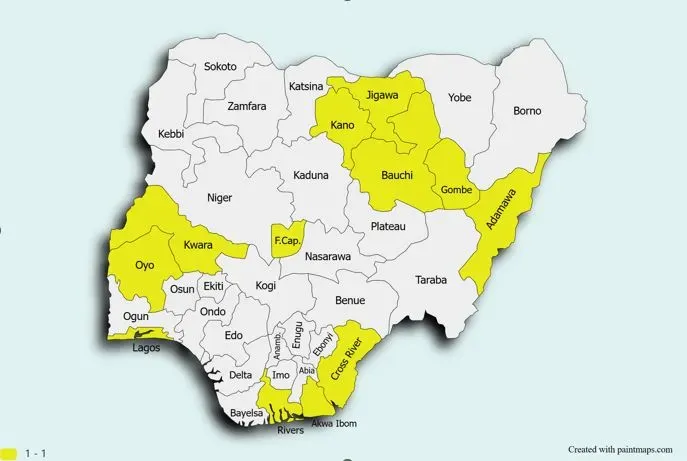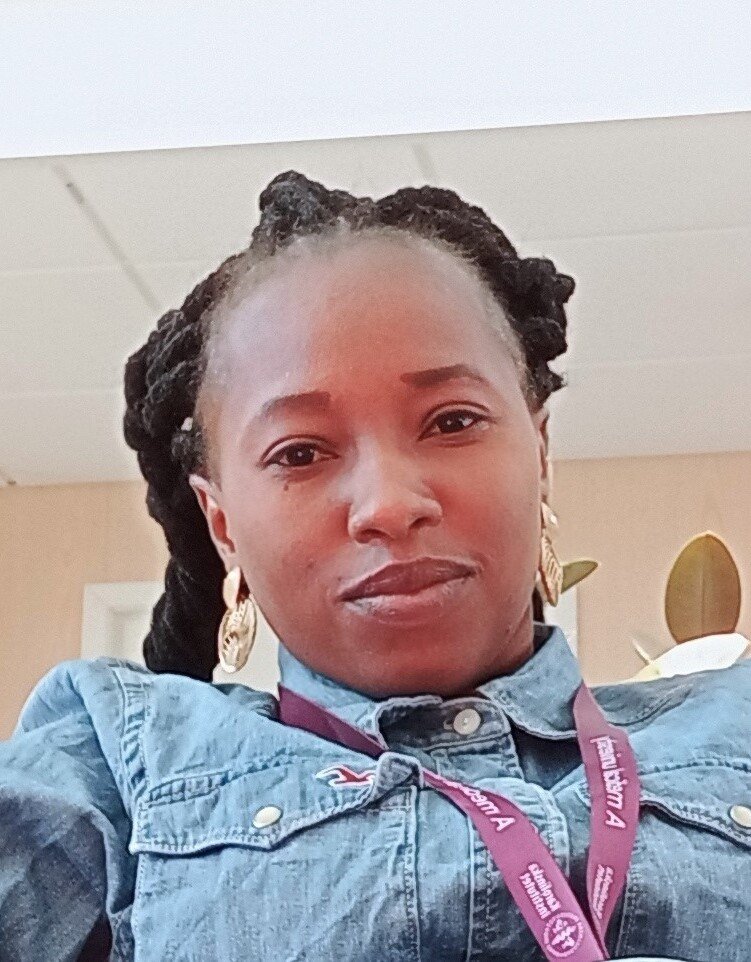Research on child health in Nigeria presented by PhD students

The Global Child Health and Sustainable Development Goals research group recently convened to discuss various health research initiatives in Nigeria. The meeting featured insightful presentations from researchers and PhD students, highlighting critical issues and ongoing research in the realm of child health and medical oxygen service delivery.
During a recent meeting of the Global Child Health and Sustainable Development Goals research group, the team that focus on health in Nigeria presented their findings. Dr. Carina King and Dr. Kelly Elimian began the presentation with an overview of the Nigerian healthcare system and the country's socioeconomic determinants of health and profile of health burden. Dr. Kelly Elimian also shared insights from his research on cholera in Nigeria, including the collaborative projects with the WHO-led Global Task Force on Cholera Control. Following this, three PhD students presented their work.

Funmilayo Deborah Shittu presented her PhD project on the influence of individual, household, and community power structures on child nutrition, along with the results from her first two studies. She highlighted that the high prevalence of malnutrition is linked to poor feeding practices, including low adoption of exclusive breastfeeding (EBF) and the introduction of complementary feeding.
The WHO recommends that all infants be exclusively breastfed for the first six months and continue to receive nutritionally adequate and safe complementary foods while breastfeeding up to two years of age. In Nigeria, the prevalence of EBF has remained stable at 29% since 2018, while malnutrition has worsened. Funmilayo’s project includes studies on caregiver patterns of feeding practices, household influences on EBF practices, the impact of community empowerment on child nutrition, and the effects of health system strengthening on the quality of care and relationships between facility staff and community members.

Abiodun Sogbesan discussed his PhD studies under the MOXY (Medical Oxygen) project, which aims to understand medical oxygen service delivery in Nigeria from various perspectives, including policy level, health facility and healthcare workers level, and patient experiences. Global access to medical oxygen remains inequitable, with only 30% of the 299 million people who need oxygen for acute conditions receiving adequate oxygen therapy. In many Nigerian contexts, less than 20% of children admitted with hypoxemia (abnormally low oxygen levels in the blood) receive the necessary oxygen.
The objectives of Abiodun’s project include examining how facilities are set up to provide oxygen services for emergency care, understanding how children receive oxygen services within the context of acute care, and exploring the roles parents and non-clinical caregivers play in the hospital care of severely ill children.

Damola Bakare outlined the objectives of his newly initiated PhD project, as part of the EU funded OPT-bCPAP (Optimising bubble continuous positive airway pressure treatment) project, which aims to evaluate the implementation of bCPAP oxygen therapy for treating severe pneumonia in pediatric patients in Nigeria. Nigeria has the highest national burden of under-five pneumonia deaths, with about half of the children under five years old with pneumonia experiencing hypoxemia at admission. bCPAP shows potential in reducing mortality by up to 50% compared to standard low-flow oxygen.
The objectives of Damola Bakare’s project include assessing the readiness of the Nigerian healthcare system for the implementation of bCPAP by evaluating infrastructure, equipment, personnel, policies, and guidelines. Additionally, the project will explore the contextual factors that act as barriers and facilitators to the adoption and implementation of bCPAP within Nigerian secondary healthcare facilities. The indirect and direct costs associated with bCPAP therapy will also be assessed.
More information
Other PhD students working with health in Nigeria:
Paula Valentine: Consequences of child deaths in Northern Nigeria, as part of the INSPIRING Project
Julius Salako: Adherence to treatment guidelines for severe pneumonia, as part of the OPT-bCPAP Project
